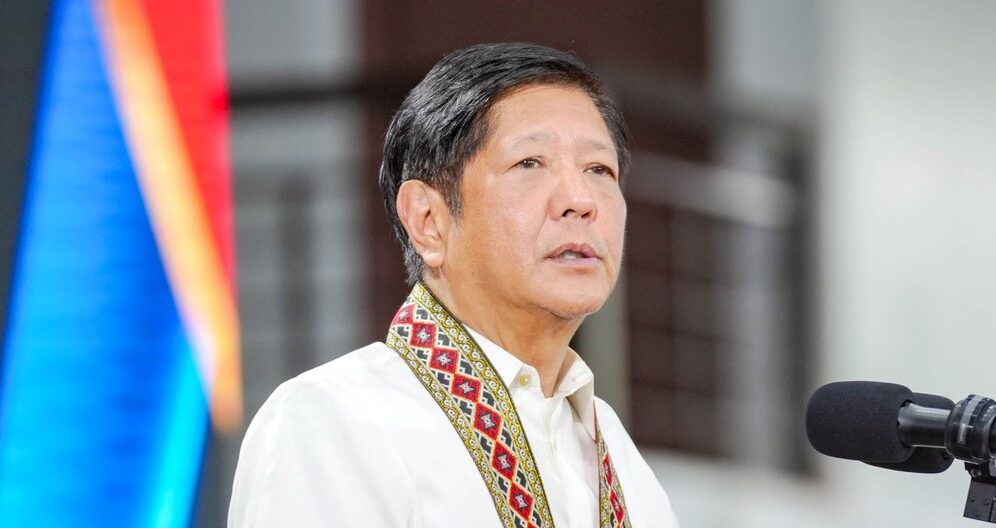
- HEADLINES
- NEWS
- PAGE THREE
- COMMENTARY
- BUSINESS
- LIFE
- ACTION
- GLOBAL GOALS
- SNAPS
- DYARYO TIRADA
- MORE

DAVAO CITY — President Ferdinand Marcos Jr. emphasized on Tuesday the importance of the seven mechanisms of the intergovernmental relations body between the national government and the Bangsamoro Autonomous Region in Muslim Mindanao (BARMM).
The seven intergovernmental mechanisms that have been established and are now working in full swing are the Philippine Congress – Bangsamoro Parliament Forum (PCBPF); Intergovernmental Fiscal Policy Board (IFPB); Joint Body for the Zones of Joint Cooperation (JBZJC); Intergovernmental Infrastructure Development Board (IFPB); Intergovernmental Energy Board (IEB); and Bangsamoro Sustainable Development Board (BSDB); and the Council of Leaders.
Speaking during the inaugural BARMM local legislative general assembly here, Marcos said that with the activation of all seven mechanisms, it will now serve as the basis for all the policies, all the laws that the officials will put together, the parliament will put together, even the rules and regulations for how the executive will execute those rules, the laws that the parliament will enact.
"This is the beginning of creating the institutions that we all know are necessary so that we are not dependent on one group, we are not dependent on certain individuals alone. We are dependent on the institutions that will continue to work no matter what happens in the political sphere," he added.
Marcos said the current development is also a process that they endorse, promote, and encourage in the national government to strengthen the institutions.
"The national and Bangsamoro governments will now have greater cooperation because of these offices that have now been established. We will have greater cooperation, greater coordination and we will converge towards the realization of our shared endeavors," he added.
Marcos also stressed that the holding of the assembly is a landmark day – a historic day as it is a measure of the progress that has been made over so many decades as the country strived for peace.
"We have made some false starts, we have come to some successes, but we have never come this far. But it also reminds us how much work there still needs to be done," he added.
Meanwhile, Lugus, Sulu Vice Mayor Almedzar Hajiri, and the BARMM Vice Mayor's League of the Philippines regional chairperson said, that as a legislator, they need better legislative leadership to do the right thing and strengthen legislative capability in the region.
"As a local legislator, the people have elected us and with that, our authority emanates from them. The betterment of the people in BARMM should be our highest consideration in order to craft monumental legislation on the local level in our region," he added.
Hajiri said that the BARMM Organic Law or RA 11054 is the inspiration of the said gathering, especially when it was approved on July 26, 2018, as the concrete national recognition of the legitimacy of the cause of the Bangsamoro people and all the Muslim and tribal Filipinos in this region.
"We have to understand our empowerment which is further enhanced in the Bangsamoro Organic Law. I believe that quality public policy formulation is the key to BARMM's sustainable peace and development and we play a vital role in this as a local legislator," he said.
The local legislative bodies in the BARMM are composed of all the Provincial Board, the Vice Mayors, and the Sanggunian Panglunsod and Sangguniang Bayan – 67 Provincial Board Members, 34 Vice Mayors, 1,206 Councilors (including SK Chairs and ABC President as ex officio SB members).
"Let us heed and hear what our people need and want for themselves. The gathering today should be the moment of truth for us local legislators that our programs of action for our region should be attuned to the national government," Hajiri added.
